The Various Kitchen Gardening Challenges
Get a few seeds and saplings, a bag of garden soil and fill the pots with soil, sow the seeds or plant the saplings and just place them on the balcony.
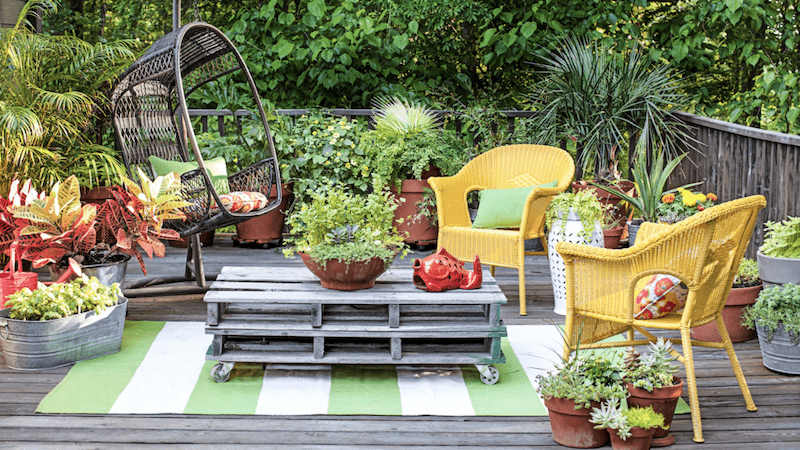
Kitchen gardening seems easy enough when you think about it. Get a few seeds and saplings, pots, a bag of garden soil from the nursery and fill the pots with soil, sow the seeds or plant the saplings and just place them on the balcony or windowsills. All you do further is water them and harvest the fruit of our labor. But the sad truth with beginners including me is that the fruit never comes or even the seed may not sprout at all.
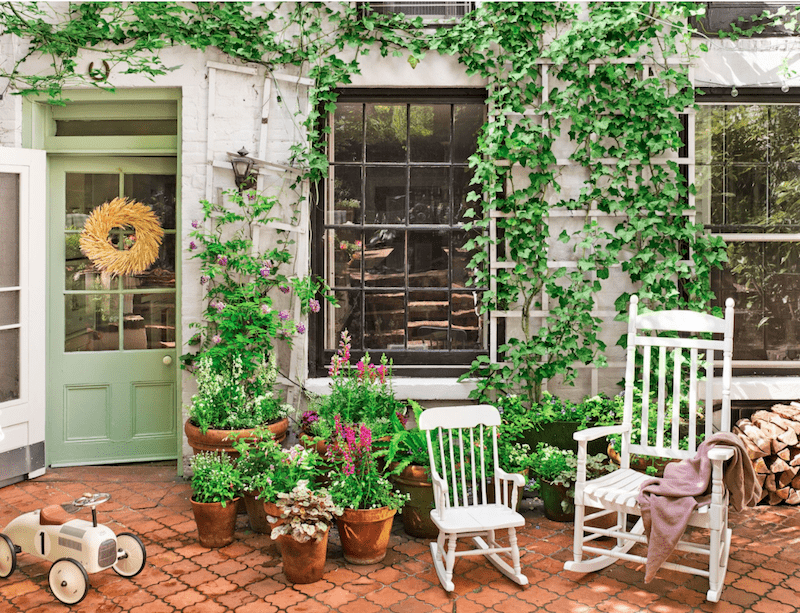
Well, don’t worry, it isn’t just you. Everybody has faced these issues when they started planting them for the first time. The trick is finding what the issue is before trying and figuring out the right solution for the issues. So, we at HomeTriangle decided to try and explain the most common challenges people face when planting a kitchen garden and possible solutions to them.
1. Seeds Aren’t Sprouting
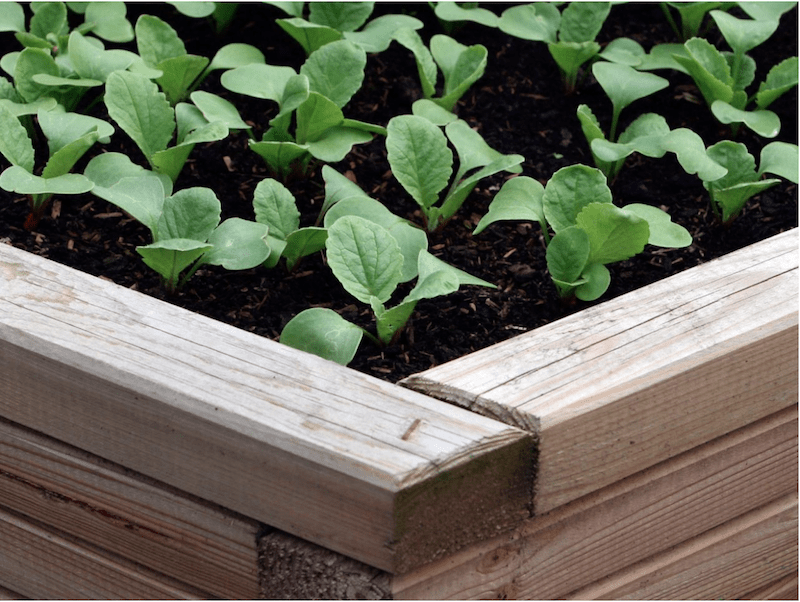
Let’s get the most obvious one out of the way first. Most seeds for home vegetable gardens should theoretically germinate quickly and against all the odds. If your seeds haven’t germinated, it’s probably because the seeds are either not good or they are too old, you are watering way too much or too little, or the seeds are buried deep in the soil. The temperature should also be conducive to growth. As we said, seeds should germinate against all these odds. In nine out of ten cases, it is because either the seeds are too old or because you have watered them too much.
2. Plants are weak
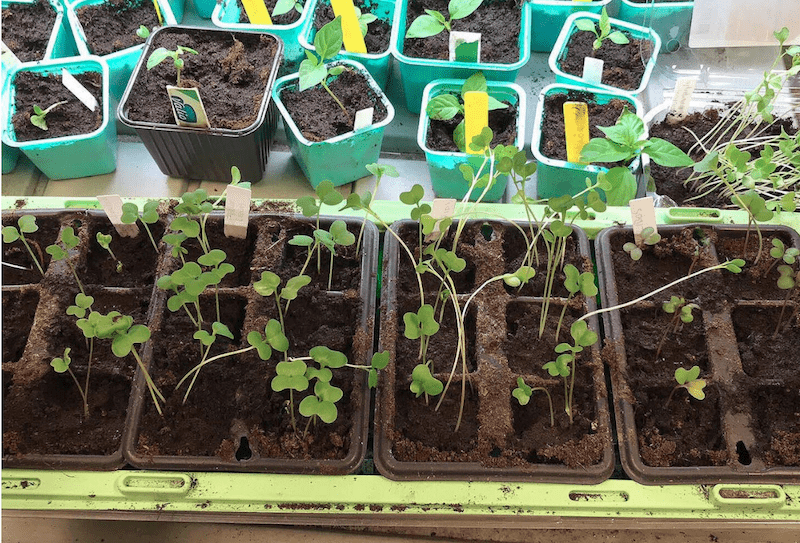
If you’re gardening, you should know that plants require sunlight. Plants are weak or too ‘leggy’ when they have to look up too high for the light. So, the reasons could be either not enough sunlight, not enough nutrition in the soil or there are just too many seedlings fighting for sunlight and nutrients in a small space. If and when there are too many plants in a small space, a few plants will survive and the rest will grow week and die. A good way to counter this challenge is to use seed starters, small cups for each seed to germinate, and then transplant. Or just don’t sow too many seeds close together.
3. Insects and Bugs
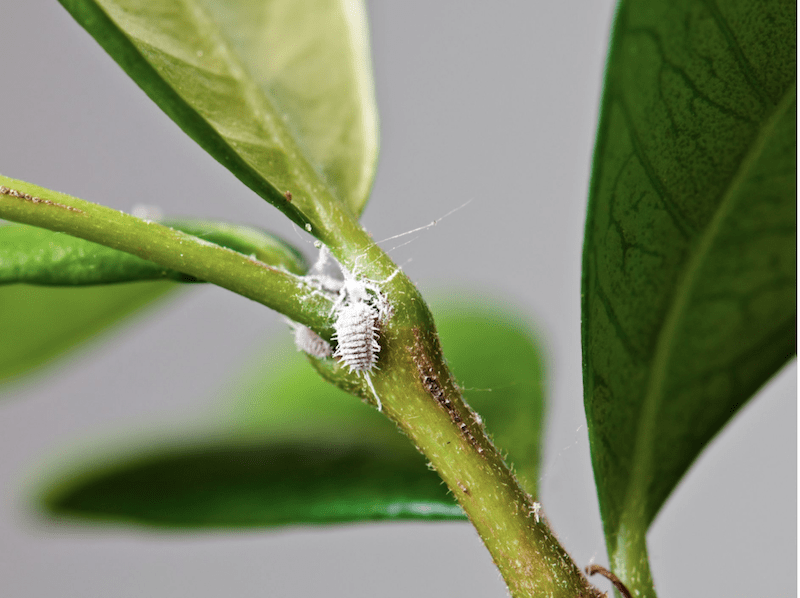
This is pretty much a straight-forward challenge faced by not just beginners but all farmers. Proper sunshine will keep most insects at bay most of the time. But some insect attacks can leave you baffled. Mealybug, a sticky white insect is one of the most common bugs causing infestations song with ants and other pests such as rodents, pigeons, etc.
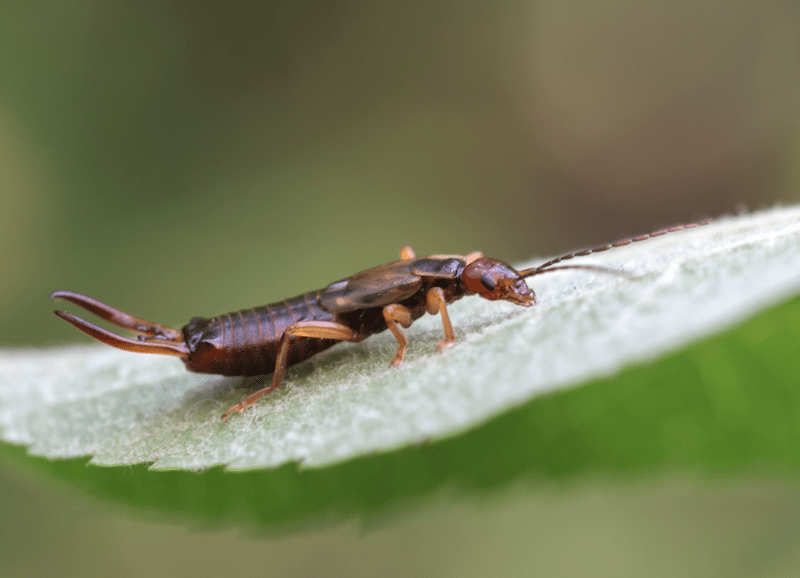
Keep the soil just slightly moist as too much water invites insects. Understand that not all insects and bugs are bad for the plants because some of them actually are needed for pollination. So, being overly harsh might not be the answer all the time. You can use neem, alcohol, or even nicotine-water sprays to keep bugs like mealybugs at bay. You can find nets and other protection devices against rodents and birds.
4. Leaves Falling or Turning Yellow
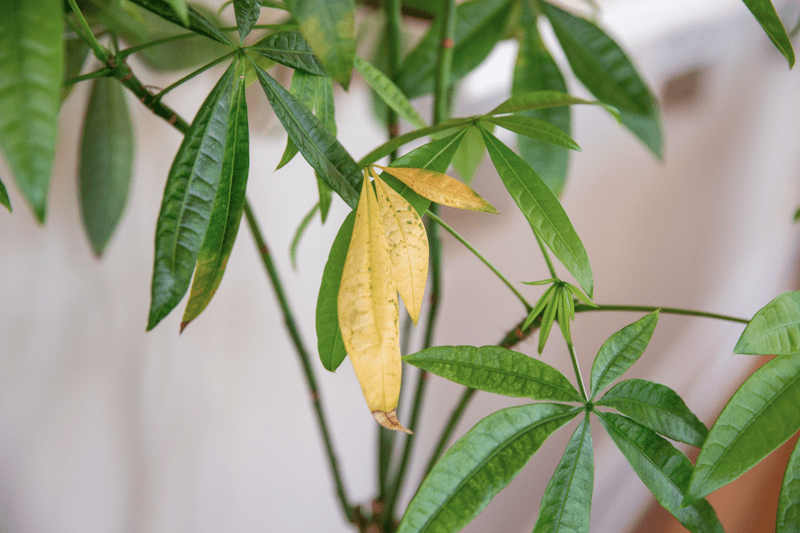
If the leaves are falling and the soil is dry, it is most probably because the plants are thirsty for water. Depending on the type of pot you use, the type of soil, the sunlight and temperature the plants are exposed to, adjust your irrigation in order to ensure that they are adequately watered; neither too much nor too little.
Insect infestation, too much sunlight, or overwatering could be the reason why the leaves are turning yellow. Observe your garden daily and make it a habit to adjust the water and sunlight the plants receive till you find a combination that keeps your plant’s leaves plump and green.
5. No Flowers Yet
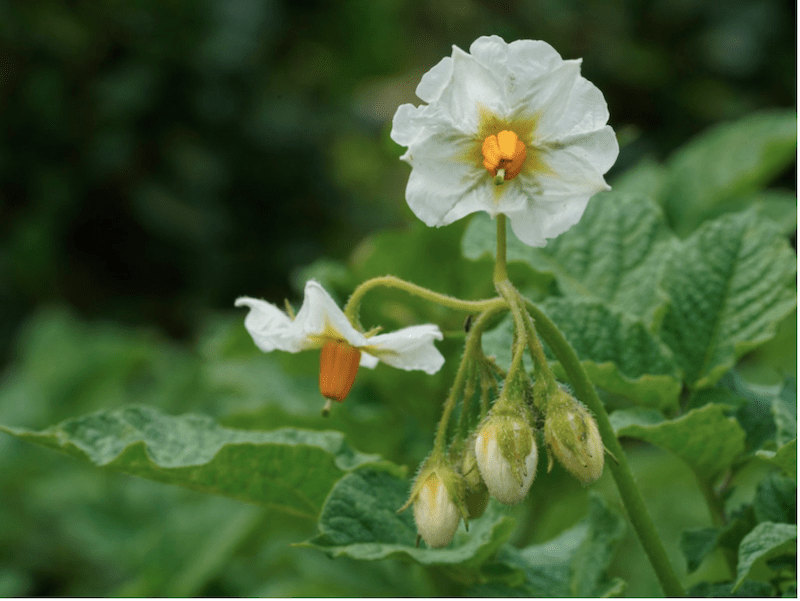
This could be because it’s not the right season. If it is the right season and still the plants are not flowering, it could be because of the lack of either sunlight or nutrition. Like we have said a couple of times already, factors like temperature, sunlight, and the nutrients from the soil play an important role in the growth of plants. These factors also play a vital role for plants to start flowering and then eventually convert to fruit. We suggest ensuring that the soil is adequately fertilized and the plants get enough sunlight.
6. No Fruits or Fruits are Too Small
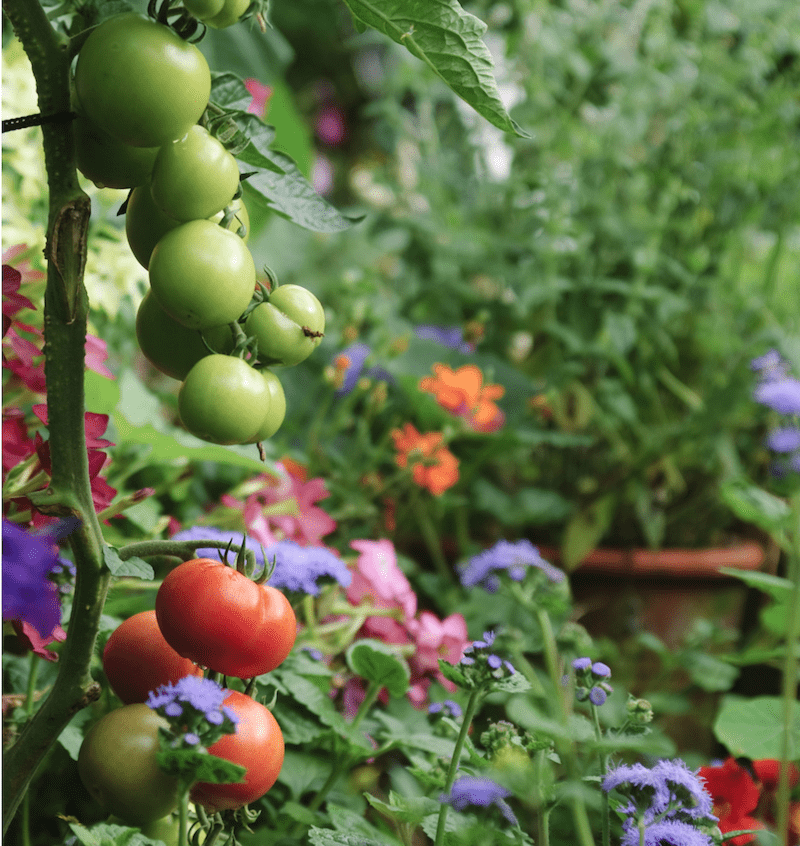
Plants need enough sunlight(up to eight hours) and nutrients for the formation of healthy fruits and vegetables. It’s very important to ensure that they get it. Too many plants in a single pot might also cause it to yield smaller fruits. The flowers have to be pollinated in order for them to develop into fruits. Usually, wind and insects take care of this but if they aren’t available, gently shake the flower stalks to aid pollination yourself.
If you’re an amateur looking to start a rooftop garden in an urban city, read our article on rooftop gardening guide to get a better understanding of starting a rooftop garden in your own house.